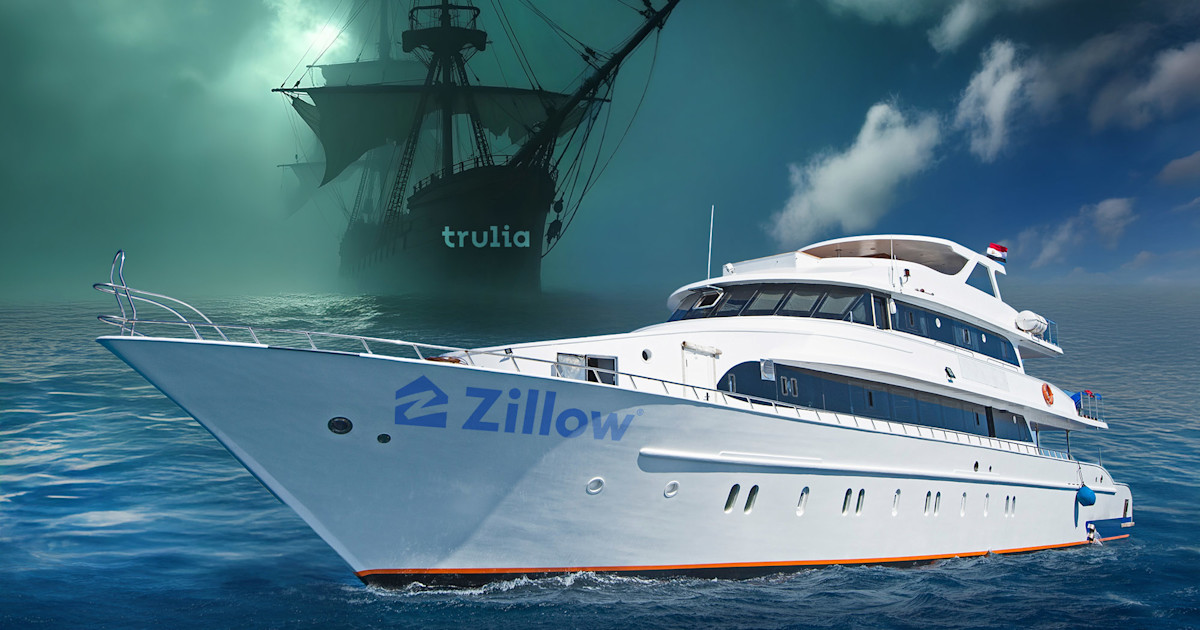Z
illow’s 2015 purchase of Trulia for $2.5 billion marked the end of a heated rivalry and the beginning of a new era in online real‑estate portals. A decade later, Trulia still attracts millions of home shoppers, but its presence feels more like a quiet side‑kick than the powerhouse it once was.
The deal didn’t create a monopoly, as some feared. Instead, it sharpened the competitive landscape. “It’s the most competitive phase in the portal market,” said former Zillow CRO. Yet the question remains: can fresh players still carve out a niche? Trulia’s founder, Pete Flint, is skeptical. “How do you compete as a startup against billion‑dollar giants?” he asks.
Zillow’s COO Jun Choo notes that Trulia remains a valuable brand asset. “It complements Zillow by giving consumers more choices and different ways to engage,” he says. Still, Flint and former Zillow CRO Greg Schwartz observe that Trulia’s interface has stayed largely unchanged, with few product innovations. “It feels like a ghost ship,” Flint remarks. “It’s there, but underinvested and not growing.”
Schwartz attributes this stagnation to market dynamics rather than neglect. “We invested heavily in advertising and kept an independent team for Trulia for a long time,” he explains. “But with the same listings and business model, what unique value did it add? When the founders left, the spark faded.” Flint acknowledges the logic: Zillow’s larger brand made sense to double down on. Yet he sees untapped potential. “I’d love to see Zillow run a dozen experiments on Trulia,” he says. “Low risk, high upside. It could be a playground for product leaders.”
The acquisition’s broader impact is clear. Regulators and critics worried that a $2.5 billion buyout would stifle competition. Ten years on, the opposite has occurred. “The naysayers were wrong,” Schwartz says. Today’s portal arena includes Zillow, Realtor.com, Redfin (owned by Rocket Mortgage), and Homes.com. “It’s the most competitive phase since these platforms existed,” he adds, noting that Zillow’s strengthened position forced rivals to invest more.
Flint believes the portal market has matured to a point where new entrants struggle. “It’s a marketing battle that requires massive distribution,” he says. “How do you compete as a startup against billion‑dollar businesses?” The lesson for founders is clear: focus on distribution and defensibility. “What’s your moat? In a world where today’s expensive becomes tomorrow’s cheap, you need a durable advantage,” Flint advises.
Schwartz’s key takeaway concerns integration strategy. “You either run acquired assets completely independently or fully integrate them,” he says. “We admired Trulia’s culture but didn’t give it full independence, so we smothered it.” Flint’s advice is more general: “Focus on how to get customers and what truly protects your business.”
The Zillow‑Trulia deal achieved its goals: it ended a costly rivalry, created efficiencies for agents, and bolstered Zillow’s competitive edge in an increasingly contested market. Whether Trulia’s evolution reflects smart resource allocation or a missed chance for experimentation depends on perspective. What’s undeniable is that the portal wars Zillow and Trulia helped ignite continue with renewed intensity. And the two executives who once battled on stage? They’re still friends. “Pete’s on my board,” Schwartz says. “We met on those stages at Inman when we were fighting it out. We ended up liking each other.”













